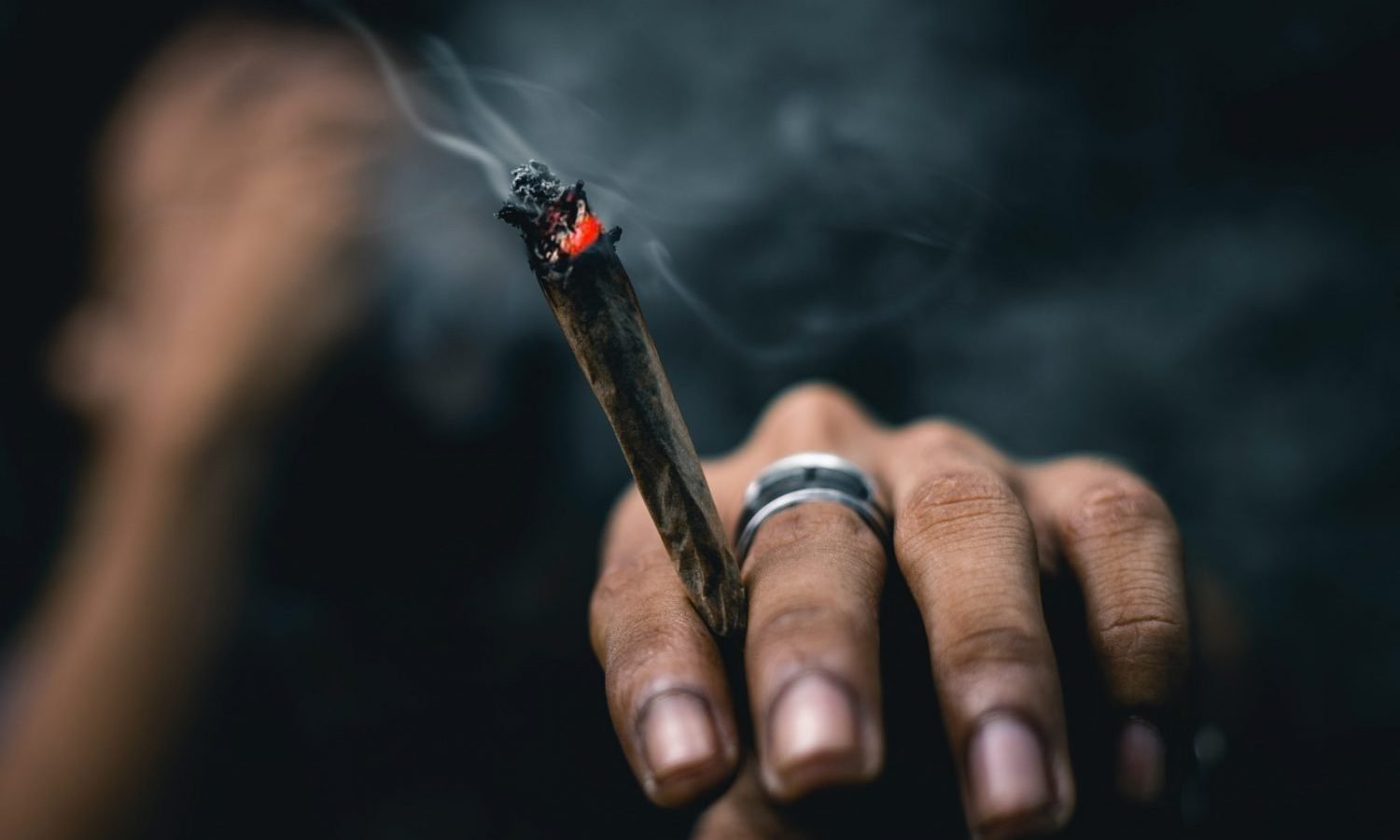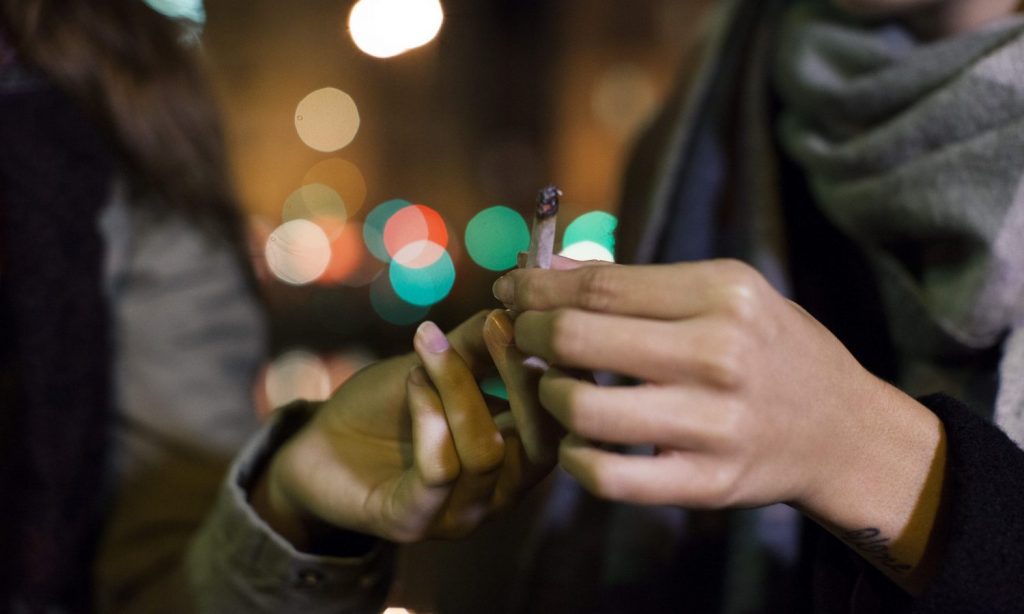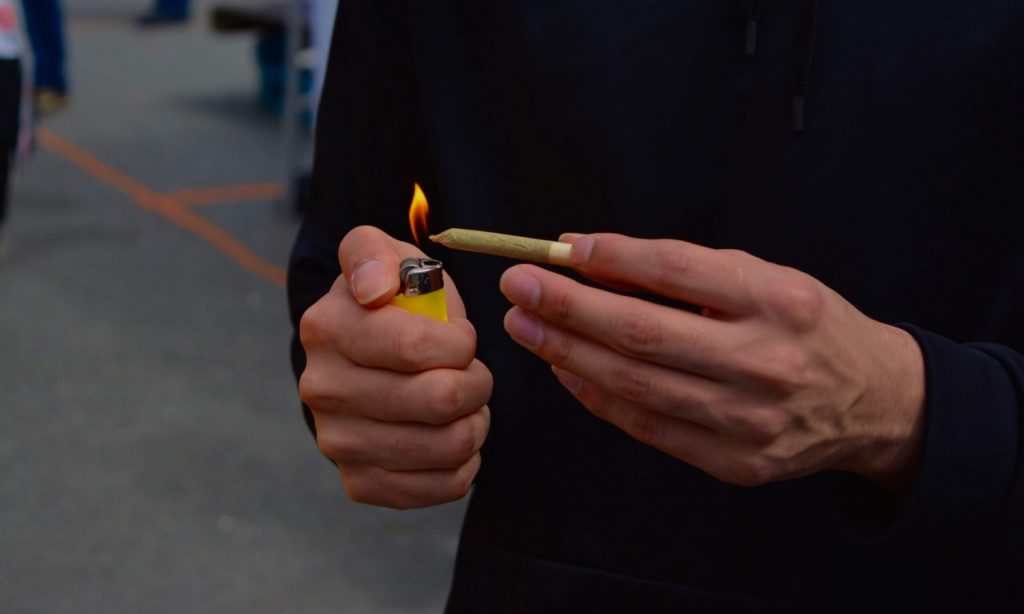
Why do you consume cannabis?
This question can be answered in many different ways depending on whom you ask. Someone with a medical condition could be using cannabis to tolerate the aches and pains of their illness. A recreational user might be using it to “blow off some steam” at the end of the week (i.e stress management). Others might be using it for religious or spiritual purposes.
The reason why we do anything is something we should all be consciously aware of. If you don’t understand why you are doing a particular activity or believing in a particular truth, then you’re running blindly in this ever changing world. We all have our assumptions.

Within the psychological community, understanding the “why” can inform researchers on the motivations of users, which could help them in various ways I suppose. Perhaps they need this data for intervention programs, or to understand the social context of cannabis. Nonetheless, it’s been a question that has been plaguing researchers for a while now.
Psychology Today recently published a blog that dealt with this very issue. They took data from four different studies attempting to solve this riddle and published some of the findings. In this article, we’ll be taking a closer look at the studies as well as the conclusions made by the researchers.
This will allow us to reflect on the data and compare our own motivations for consuming cannabis. While you may not agree with what will be discussed – bare in mind that these papers are typically based on secondary research. In other words, they rely on surveys and data collected from other sources which they use to build a “picture” of the average consumer.
College freshman motivations
Age does play a significant role for motivation. College freshmen will make drastic different decisions based on their social environment compared to a 38-year-old professional. And this 38-year-old will make completely different conclusions than his 65-year-old boss.
The first study looked at possible motivators for “entering college students” and found that:
“The most frequently reported reasons included enjoyment/fun, conformity, experimentation, social enhancement, boredom, and relaxation. Regression analyses revealed that experimentation was consistently associated with less use and fewer problems whereas enjoyment, habit, activity enhancement, and altered perception or perspectives were associated with heavier use and more problems.”
RELATED: 8 Reasons Why College Students Use Cannabis
Of course, when we’re looking at the paragraph above we see that there are six main categories which casts a wide net. Many college entering youth have already experimented with cannabis. These would be people who enjoy consuming cannabis simply for the act of “feeling high”. We could probably clump them together with the “problematic use group”.
This is because the test was designed by addiction “specialists,” and they associated elements such as socioeconomic status with these groups. This creates a subtle suggestion that those who enjoy smoking weed or who does it to “alter their perception” are typically people who are “worse off” than those who are simply experimenting.

In my experience, when people are experiencing “tough time” they do tend to use cannabis at a higher rate to cope with the increase in stress. Some might argue that this creates a dependence on cannabis. But when a person’s life turns around, their behavior changes as well. A snapshot from a survey would never be able to capture the depth and subtle nuances of life.
Social acceptance was another high ranking category in this age group and it makes sense. When you’re finally “out of the nest”, you need a conduit to engage with other people. If people are smoking weed, you may feel slightly more inclined to try it to “fit in”.
Of course, this is one of the dumbest reasons to consume cannabis, but I’m sure many people also use it to deal with social anxiety. After all, they are now “out on their own” or at the very best, “away from their parents” and have to make “adult decisions”. This can all be very scary, and weed can definitely be a means of working through this.
Typically, people wane off of heavier consumption after college, when real life happens.
Adults who smoke weed for a long time
Another study looked at older demographics trying to understand their motivations for consuming cannabis. Not surprisingly, there is a far more nuanced list of reasons than the college aged demographic. According to researchers:
“Top reasons for use pertain to relaxation and enhancement of recreational activities followed by coping with stress and anxiety. The frequency of respiratory and throat problems attributed to using cannabis underscores the perceived risk of pulmonary damage due to long-term heavy use. Whereas concerns about use levels nonetheless overshadowed other dependency indicators, including concern for personal health, however, no association was found between amounts nor frequency of use and the number of DSM-IV items reported by respondents. Users acknowledged and accepted the potential for dependence, adapting use levels accordingly when seen as problematic.”
Here’s a quick view on the other reasons not listed in the paragraph above;
- Relaxation (number one)
- Feeling good
- Medical uses
- Inspiration
- New ways of looking at things
- Coping with depression and anxiety
- Forgetting one’s worries
- Enjoyment of movies or music
- Better sleep
- Coping with boredom
As you can see, the list is quite varied, and as we have established in our opening paragraphs, depending on who you ask, you’ll get a different response.

This is because cannabis is a very adaptive substance. Since it helps stimulate the endocannabinoid system — the system that is responsible for maintaining the body in homeostasis — it can virtually help with any of the categories listed above.
However, considering that the three most prevalent of these are relaxation, enhancement of activities, and stress management, we can see two things:
- Cannabis is being used as a means for people to unwind
- This action of unwinding helps them alleviate stress
It’s pretty much the same as having a glass of wine at the end of a long day at work. There is nothing pathological about this. Even the researchers admitted that, “users are for the most part very self aware of their consumption habits, and alters their behavior when THEY see it as problematic.”
This is because consumption is a subjective practice. Perhaps you can wake up and take a few tokes of weed to get you inspired, while another must wait till the end of the day to unwind.
The bottom line is that if you know yourself, you’ll always adjust accordingly to optimize yourself for maximum enjoyment/efficiency at life.
For researchers, the “why” is still illusive because they look at cannabis use as a pathological activity. This is why it’s compared to the DSM-V all the time, because they think you’re “abusing drugs” when in reality you’re letting go and simply engaging with life. Framing matters.
This article originally appeared on Cannabis.net and has been reposted with permission.



